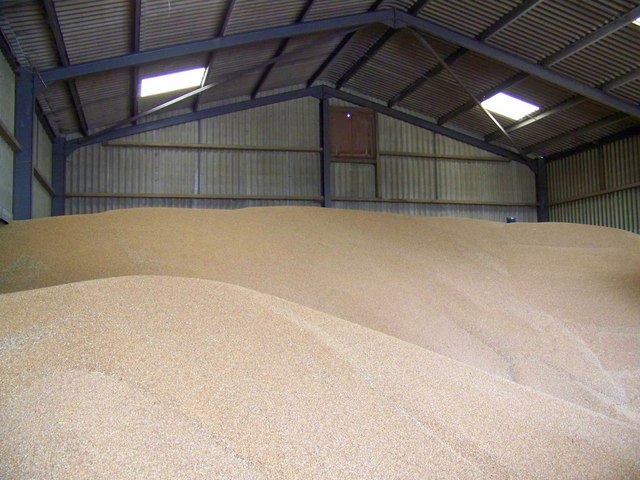The contribution of export bans to the world food price spike in 2008 is now well-established, particularly for commodities such as rice (for example, see Abbott, 2012 and Sharma, 2011). Martin and Anderson (2012) have calculated that over the 2005-2008 period more than 45 per cent of the explained change in the international price of rice was due to changes in border restrictions that countries used in an attempt to insulate themselves from the initial increases in price.
Countries resort to export bans in an attempt to keep down the price of food to domestic consumers. When undertaken by countries whose level of trade is big enough to influence the world market price, then an export ban also has ramifications for other countries.… Read the rest

